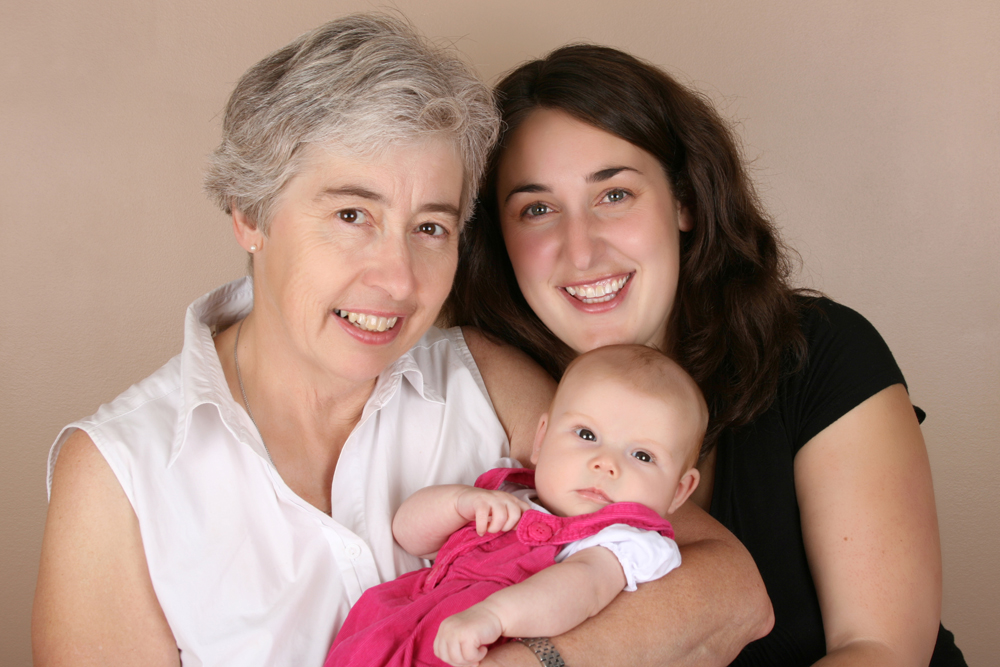Expecting mothers these days, encouraged maybe by their friends or doula, create a birth plan while they are pregnant. If that’s true for you, are you also thinking about an after-birth plan? Currently, the spotlight is trained more on what to expect at your birth, and how to prepare for it to increase your chances of having a positive experience, than on your life after you take your newborn home.
So, the first days, weeks and even months after you’ve given birth can be quite a surprise, to put it mildly, and in fact challenging for many new mothers. Let’s talk about some of the concerns you may want to contemplate and prepare yourself for. This discussion can also be helpful for your partner and other support people, like friends and family.
The time after you give birth is a time of bonding with your baby as well as healing, recuperating and recovering from the physical and emotional experience of delivering your child, either vaginally or surgically. For many of us, it’s almost a new concept that we should be resting, resting, resting instead of getting ready to head back to work as soon as possible. Just nursing your baby is a full-time job, but you will also need a lot of space for self-care so that your body’s health can be restored.
Who’s on your team?
One of the things you can think about and begin to organize before your baby arrives is the support team that will help you (and your partner) with chores during the first few weeks. This is also a sweet and tangible way how your friends can chip in by shopping, cooking and delivering healthy meals to you. In addition, and if you have space, you may want to prepare some foods and snacks that can be frozen so that you have easy access to nutritious meals when you’re too tired to cook from scratch. There are, of course, many other tasks around the home that you can delegate to friends and family after birth so that you have more time to take naps and relax.
Healing from your birth experience can also be enhanced if you take the time to explore and practice appropriate techniques to relax and strengthen the muscles and other soft tissues in your body involved in delivering the baby before the time comes. Your acupuncturist, massage therapist or physical therapist specializing in perinatal care would be a great source of information.
Dealing with mood disturbances and lactation challenges
It is not uncommon for new mothers to encounter health challenges and complications that require professional intervention. Hormonal fluctuations during and after pregnancy may contribute. Most discussed probably are mood disorders, ranging from so-called baby blues to postpartum depression or, more rarely, psychosis, as well as difficulties with lactation. Learn as much as you can about what range of emotions you might experience after birth, how to know when you need help, and which resources you have in your community such as support groups, psychotherapists, and even psychiatrists, who work with new mothers. In addition to midwifes, there are postpartum doulas and lactation consultants to assist you with breastfeeding, and their services are now often covered by your health insurance.
Conventional and natural options postpartum
You may also encounter other health issues, for example retained products, deep vein thrombosis, infections, mastitis, afterpains, persistent uterine bleeding, night sweats, perineal discomfort, mastitis, insufficient lactation, etc. Talk with your obstetrician or midwife about these. Depending on their severity, many of these conditions can be alleviated with acupuncture and herbal therapy. I also often recommend certain homeopathic medicines for relief as they are very safe during breastfeeding.
Even if everything is apparently going well after you’ve given birth, think about optimal nutrition so that your body and mind are provided with the nourishment needed for a full recovery. Pregnancy and childbirth are demanding tasks, and you want to replenish your stores of nutrients to heal and get your energy back. Just like before conception and during pregnancy, emphasize a balanced organic whole-foods diet. TV dinners are out and lots of fresh vegetables and fruit are in. Some high-quality animal foods are very helpful, and you may want to be a little more flexible about your food choices during this time if you are vegetarian or vegan. Chinese culture places a premium on a well-rounded diet, and other traditions around the world are also very keen on making sure that new mothers get wholesome nutrition as they prepare for and recover from childbirth.
Taking care of yourself
I often recommend certain botanicals to new mothers to support their healing and recovery. Most of these are considered adaptogenic and quite safe even while breastfeeding. In most cases, if medical intervention is not required to save life and limb, appropriate natural treatments such as acupuncture, herbal therapy and homeopathic medicines are safe and effective strategies to alleviate discomforts and promote healing and recovery after childbirth.
So, spend some time during your pregnancy to prepare for your life after birth, learn as much about what to expect, identify and organize resources and your support team, and give yourself time and space for a full recovery from the life-changing experience of giving birth to your child.
© 2023 Christiane Siebert








Leave A Comment